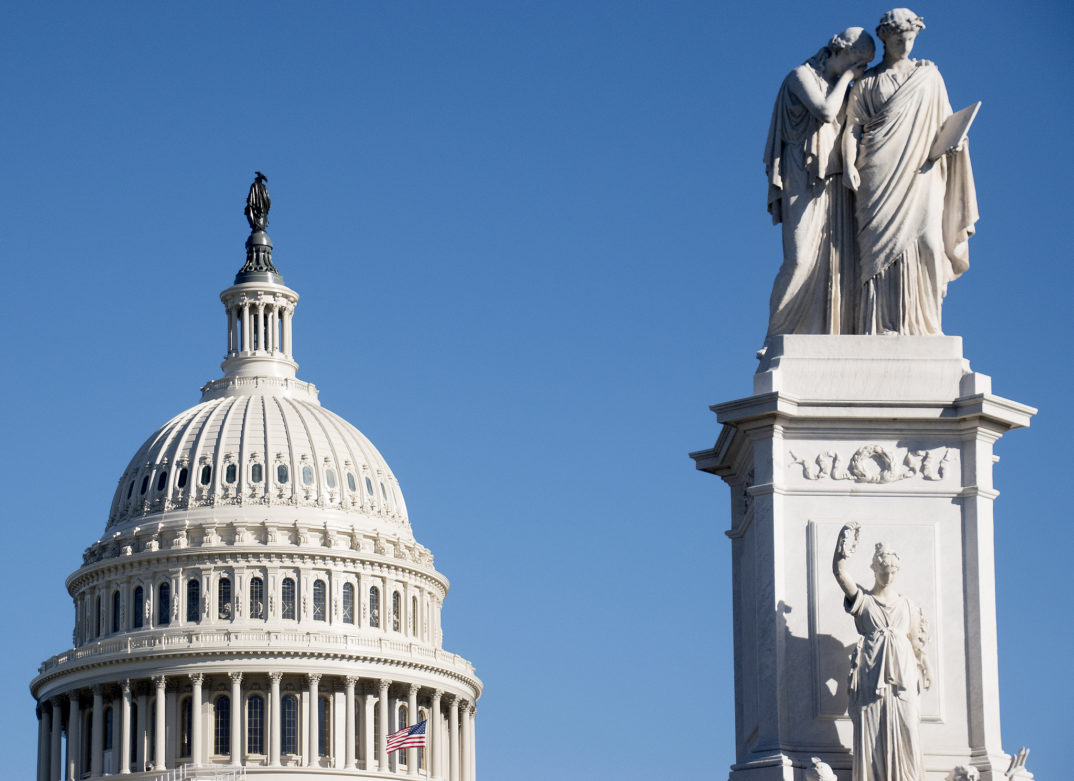The majority of American adults use credit cards. The majority of this majority are also in credit card debt. The high interest rates and fees associated with this debt have led many in the personal finance industry to warn of the risks of putting charges on the plastic. However, Americans seem reluctant to heed the warnings, with national credit card debt recently surpassing the one trillion dollar mark for the first time in history. Given current economic realities, experts claim there is little reason to think this trend toward ever-increasing consumer debt will change anytime soon.
Given how many Americans find themselves stuck with credit card debt, it is worth considering whether or not the benefits of credit outweigh the downsides for the average consumer. Put differently: are credit cards actually good for people?
There are a multitude of ways to approach answering this question, but I propose we consider credit card usage through a virtue ethicist’s lens. Virtue ethics is one of the most historically influential approaches to ethical theorizing, and it focuses on the importance of cultivating the right habits in one’s daily life. Virtue ethicists stress that moral development is something that occurs across a lifetime, and that the morally ideal agent is one who continually steeps themselves in the right kinds of practices and cultivates the right kinds of habits.
A key feature of the virtue ethics framework is that it typically avoids positing universal rules for determining moral behavior. Instead, the approach encourages moral reflection on the part of the moral agent; it is up to the individual and their broader community to discern which actions encourage virtue and which encourage vice. While it is safe to assume that certain habits – such as violent, greedy, or dishonest ones – are indicative of vice regardless of cultural context or time period, there are a number of behaviors which fall into more of a gray area. Media consumption tendencies or wine-drinking predilections, for instance, need not signal virtue or vice. Depending on one’s motives and personal situation, such habits can either aid one’s moral development or harm it.
There are multiple features of credit card usage that make the topic morally complex. One critique is that the middle and upper classes enjoy access to credit cards with the best rewards programs, while those in lower economic classes are effectively shut out of this system. Those who are not as financially well-off might still qualify for credit cards, but the options available to them come with minimal (if any) rewards incentives.
The majority of the funding for the high-end credit card rewards programs comes from processing fees, which are the fees credit card companies charge businesses to allow their customers to pay with credit. Inevitably, businesses attempt to pass these processing fees onto consumers, as they do not want these fees they owe the credit card companies to chip away at their bottom line. The way this works out in practice, is that businesses simply bake the processing fees into the cost of their products. For instance, while a pizza company might determine they should charge $3 per slice to turn a profit, they bump their prices to $3.10 per slice to pass the transaction fee costs onto customers. This might be a tolerable result for middle class and wealthy customers who have access to the rewards programs funded by those higher costs, but those in less financially fortunate positions are simply stuck with higher bills. This economic reality gives rise to the criticism that the widespread usage of credit results in a tax on the poor.
Another morally salient feature of credit cards is the ease with which they allow you to rack up significant consumer debt. As opposed to being forced to make all of your purchases with cash or the money currently in your checking account, credit cards allow you to kick the financial can down the road. For the consumers who can afford to pay off their credit card bill each month, this feature of credit might not be particularly morally relevant. However, for those stuck in the cycle of overspending, the flexibility offered by credit cards can fuel this potential vice.
Additionally, studies show that the average individual tends to spend more when shopping with credit cards. This is not necessarily a morally significant feature of credit card usage, but it could be relevant for some in determining the role of credit in a maximally virtuous life. In recent years, many people have started turning to philosophies such as minimalism to help declutter and simplify their lives. This movement is marked by a rejection of materialism as a road to personal fulfillment, often encouraging people to buy less. Insofar as one adopts this philosophy in their own life, this might provide a practical reason to dump credit cards.
The judgment of whether or not credit cards are conducive to virtuous or vicious financial habits is likely highly dependent on the individual in question. If upon careful reflection one does not feel their usage of credit contributes to any type of communal economic injustice, nor that it encourages reckless spending in their personal life, perhaps credit cards are compatible with living a maximally virtuous life. On the other hand, if that same reflection leads one to believe their reliance on credit promotes negative consequences both on the individual and societal level, then the pursuit of virtue for that person might involve shredding their cards. Ultimately, the virtue ethics framework is a helpful one for discerning the role credit cards should play in one’s financial life.





